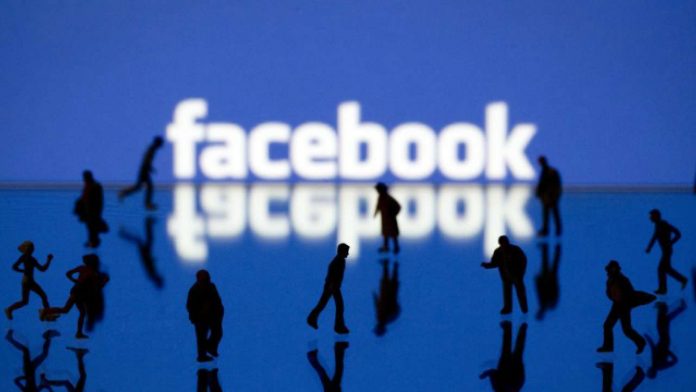Breaking news suggests Facebook is going to invest $100 million in newsrooms around the country through a grant program that’s intended to blunt the impact of coronavirus on publishers.
A story by Jon Porter at The Verge today shows a press release from the company suggests that “journalism is a vital public service” and that it needs to be subsidized at some level to make up for pullback in advertising that’s going on in the wake of coronavirus closures.
“The advertising revenue that many publishers rely on is being squeezed, as companies slash marketing budgets amidst financial uncertainty,” Porter writes. “At the same time, high-quality and accurate reporting is more important than ever, as misinformation about the virus spreads online.”
Porter reports Facebook intends to give $5000 to at least 50 newsrooms across North America to provide for “unexpected costs” related to Covid19.
A longer-term timeline shows that Facebook plans to invest an additional $200 million over a number of years, and that part of this money will be spent on training journalists in the United Kingdom.
Part of the feasibility of Facebook’s largesse, besides it dominance in social media for the last decade or so, seems to be related to the popularity of its video networking services as the pandemic limits face to face interactions.
“Facebook says that usage of its services including private messaging and video calling are surging during the pandemic, as people self-isolate and connect with distant friends and family,” Porter reports.
A March 24 report directly from Facebook goes into more detail about what the social media giant is seeing across the American digital landscape.
“Much of the increased traffic is happening on our messaging services, but we’ve also seen more people using our feed and stories products to get updates from their family and friends,” write Alex Schultz, VP of Analytics, and Jay Parikh, VP of Engineering. “At the same time, our business is being adversely affected like so many others around the world. We don’t monetize many of the services where we’re seeing increased engagement, and we’ve seen a weakening in our ads business in countries taking aggressive actions to reduce the spread of COVID-19.”
Facebook’s big contributions to traditional media in the age of rampant media fragmentation are likely to appeal to many people in academia and beyond. Factor this move into your portfolio if you have print media or digital media holdings.










